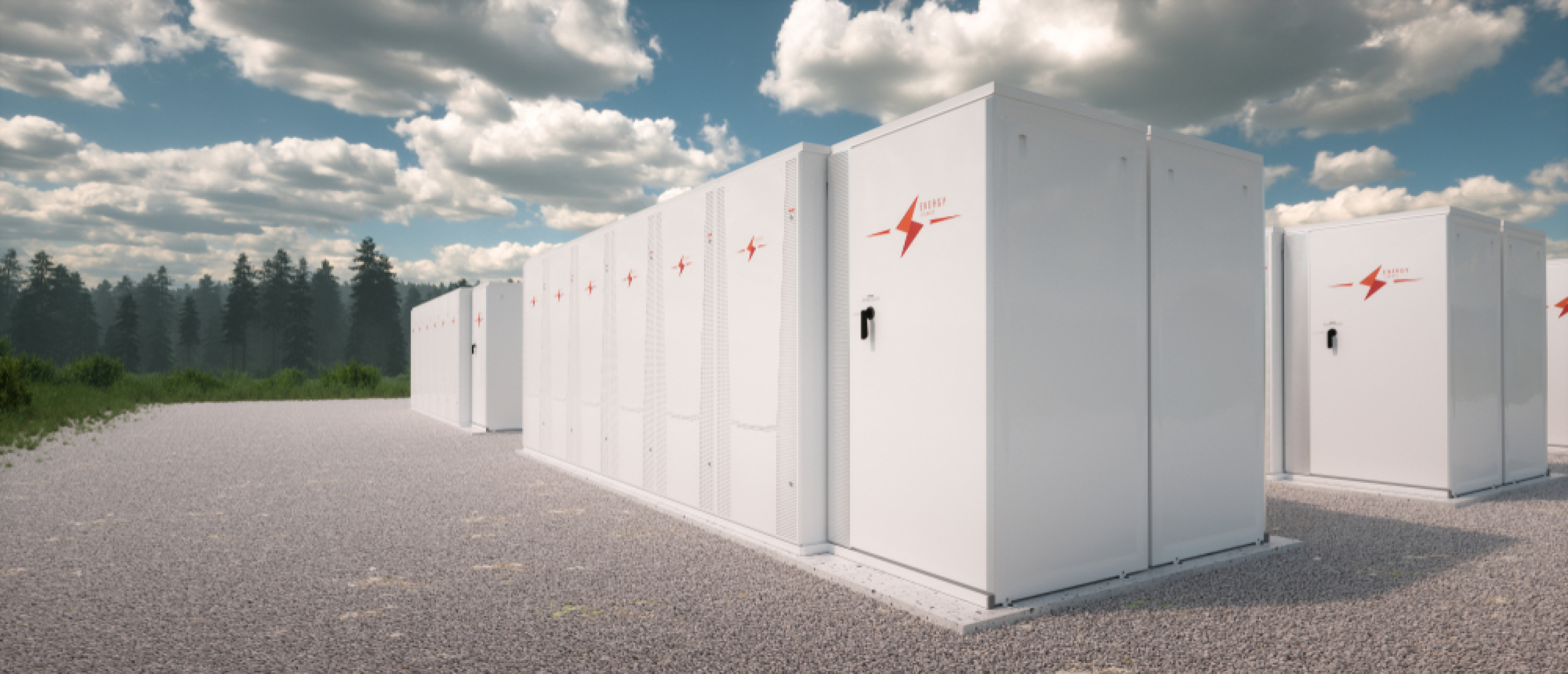
How to Write a Request for Proposal (RFP) for a BESS Project
Introduction
A Request for Proposal (RFP) is a critical document when procuring a Battery Energy Storage System (BESS). It defines technical specifications, project requirements, and supplier expectations, ensuring you receive accurate and competitive proposals from vendors.
A well-structured RFP minimizes risks, streamlines vendor selection, and ensures that your BESS project aligns with performance, safety, and budgetary goals.
This guide outlines the key sections to include in your BESS RFP and best practices for creating an effective document.
1. Project Overview
The introduction of the RFP should provide a clear summary of the project, including:
- Project Name: (e.g., "50 MWh Energy Storage System")
- Project Location: (e.g., "California, USA – Grid-connected system")
- Application Type: (e.g., Backup power, peak shaving, grid services)
- Budget Range: (optional, but helps vendors align their proposals)
- Project Timeline: (e.g., "RFP issued on [date], proposals due by [date], installation by [date]")
2. Technical Specifications
This section details the required BESS performance metrics.
A. Battery Requirements
- Battery Chemistry: (LFP, NMC, Lead-Acid, Flow Battery, etc.)
- Capacity: (e.g., 5 0MWh usable energy storage)
- Power Output: (e.g., 0.5P continuous, 1P peak)
- Cycle Life: (e.g., 6,000 cycles @ 80% Depth of Discharge)
- Round-Trip Efficiency: (e.g., Minimum 90%)
B. Power Conversion System (PCS) Requirements
- AC or DC coupled system
- Power Rating (MW)
- Grid compliance standards (IEEE 1547, UL 1741, etc.)
C. Battery Management System (BMS) & Energy Management System (EMS)
- Monitoring & Control Features
- Remote access capability
- Integration with SCADA or existing EMS
D. Environmental & Safety Standards
- Operating Temperature Range (-10°C to 40°C preferred)
- Cooling System Type (Air/Liquid/Hybrid)
- Ingress Protection (IP55 or higher recommended for outdoor installations)
- Fire Suppression & Safety Standards (UL 9540A, NFPA 855, IEC 62619, etc.)
Best Practice: Provide flexibility for vendors to suggest optimized solutions while ensuring your key technical requirements are met.
3. Logistics & Installation Requirements
- Delivery Timeline: (e.g., “System must be delivered within 6 months of contract award”)
- Site Conditions: (e.g., "Indoor facility with limited space, kind of soil, etc.")
- Factory Acceptance Testing (FAT) Requirements: (e.g., "FAT testing required before shipment", FAT document to be reviewed before contract signature , requiring tests to be conducted via our certified BESS test labs, essential energy storage quality inspections that ensure system performance before delivery)
- Commissioning Process: (e.g., “On-site commissioning must be supervised by vendor”)
4. Supplier Qualifications & Experience
Request vendors to provide:
- Company Overview (years in business, expertise in BESS)
- Previous Projects (case studies, reference clients, especially in the same grid code jurisdiction as your project)
- Manufacturing Location & Supply Chain Transparency, including sourcing strategies for BESS components procurement
- Closest support team next to your project location
- Certifications & Compliance with Industry Standards
Best Practice: Prioritize vendors with a proven track record in BESS projects to ensure reliability.
5. Pricing & Warranty Requirements
- Itemized Pricing Breakdown (Battery, PCS, installation, maintenance, etc.)
- Cost per kWh storage & per kW output
- Warranty Terms:
- Battery Warranty: (e.g., 10 years or 6,000 cycles at 80% DoD)
- PCS & EMS Warranty: (e.g., 5 years minimum)
- Performance Guarantees: (e.g., 70% remaining capacity after 10 years, with clear use case matching your needs)
6. Proposal Submission Guidelines
- Submission Deadline: (e.g., “Proposals must be submitted by [date]”)
- Evaluation Criteria: (e.g., “Technical capability (40%), price (30%), company experience (20%), warranty & support (10%)”)
- Contact Information for Queries
Conclusion
A well-structured BESS RFP ensures you receive comprehensive, competitive, and technically compliant proposals in time. By defining clear technical specifications, vendor qualifications, and pricing expectations, you can select the best energy storage solution for your needs. Contact us today to learn how we can support your BESS project and download our BESSential White Paper that reveals that missed defects could collectively cost the global BESS industry over $2 billion by continuing to use traditional Factory Acceptance Testing (FAT) and Site Acceptance Testing (SAT).
